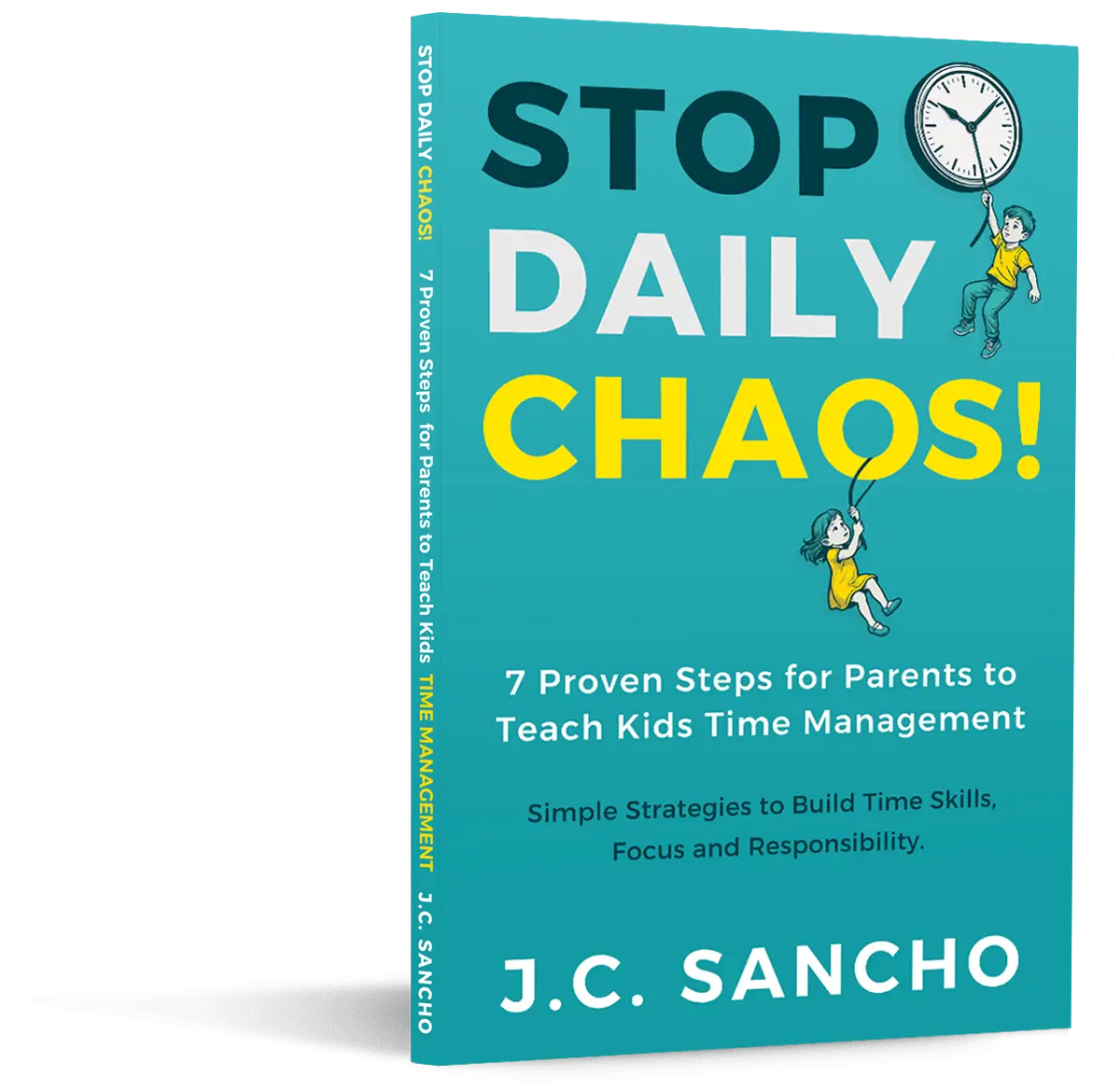Understanding Potty Training Regression: Navigating Preschool Stress and Setbacks
The journey of parenthood is a beautiful, albeit challenging one. Each phase presents its unique hurdles, and potty training is no exception. Just when you thought your child had nailed it, you begin to notice accidents creeping back into your daily routine. This phenomenon, known as potty training regression, can be disheartening for parents and stressful for preschool-age children.
Potty training regression refers to the situation where a child, who was previously successful at using the toilet independently, suddenly starts having frequent accidents. This is often accompanied by a refusal to use the toilet or express discomfort or fear about it. It’s not uncommon in preschool children and can be triggered by numerous factors.
Before we get into ways to reset after setbacks in potty training, it’s important to understand that regression doesn’t mean failure — neither on your part nor on your child’s. It’s merely a bump in the road of this developmental stage, and with patience and understanding, you will both get through it.
Identifying the Causes of Potty Training Regression
Understanding what triggers potty training regression can help you address the situation more effectively. In many cases, these regressions are responses to stress or significant changes in your child’s life. For preschoolers, this could be anything from starting school for the first time to welcoming a new sibling into the family.
Other common causes include changes in routine or environment (like moving to a new house), illness (especially urinary tract infections), or even emotional issues such as anxiety or fear related to using the toilet. It’s also worth noting that some children may simply not be developmentally ready for potty training and might need more time.
A key point here is that each child is unique, and what triggers regression in one may not be a factor for another. It’s essential to observe your child closely and try to identify any changes or stressors that might have led to the regression.
It’s equally important to remember that this is a phase, which will pass. Try not to view it as a setback but rather as an opportunity for growth — both for your child and yourself as a parent.
Resetting After Potty Training Regression
Once you’ve identified possible causes of the regression, you can begin to address them. Here are some strategies that may help you navigate this challenging phase.
Reassurance and Support: Your child needs to know that it’s okay to have accidents and that they’re not alone in this. Reassure them that everyone makes mistakes and it’s part of learning. Be patient, understanding, and offer lots of cuddles and reassurances.
Consistency: As much as possible, try to maintain consistency in routines related to potty training. This includes regular toilet breaks, wearing underwear instead of diapers (if your child was already doing so), and maintaining the same rituals around toilet use.
Praise Progress: Celebrate every success, no matter how small. Did your child tell you they needed to go? That’s progress! Did they make it through the day with fewer accidents than yesterday? That’s also progress! Positive reinforcement can go a long way in boosting their confidence.
Address Underlying Issues: If you suspect that stress or emotional issues are causing the regression, try addressing those directly. This could involve talking about their feelings, providing comfort items if they’re anxious about using the toilet, or seeking professional help if necessary.
When to Seek Professional Help
Potty training regression can be distressing for both parents and children, but it’s usually a temporary phase. However, if your child’s regression persists for several weeks, or if they seem to be in pain when urinating, it may be time to seek professional help.
A pediatrician or child psychologist can provide valuable insights into why the regression is happening and offer strategies to help you navigate through this phase. They can also rule out any medical issues that might be contributing to the problem, such as a urinary tract infection or constipation.
Remember, there’s no shame in seeking help. Parenting is hard work, and we all need support sometimes. If you’re feeling overwhelmed by your child’s potty training regression, don’t hesitate to reach out to professionals or other parents who have been in your shoes.
It’s equally important not to compare your child’s progress with others. Children develop at their own pace, and what works for one might not work for another. Trust your instincts as a parent — you know your child best.
Reflecting on Potty Training Regression: A Part of Growing Up
The journey of raising a child is filled with ups and downs — potty training regression being one of them. As disheartening as it may feel when your preschooler experiences these setbacks, remember that this too shall pass.
These challenging moments offer opportunities for growth and learning. They remind us that our children are just that – children. They’re still figuring out how the world works and how they fit into it. And sometimes, they need a little extra support from us.
Potty training regression isn’t a failure; it’s an integral part of childhood development. It teaches resilience — not just to our children, but to us as parents. It shows us that it’s okay to have setbacks, to feel stressed, and to need help sometimes. Because at the end of the day, we’re all just doing our best — and that’s more than enough.



